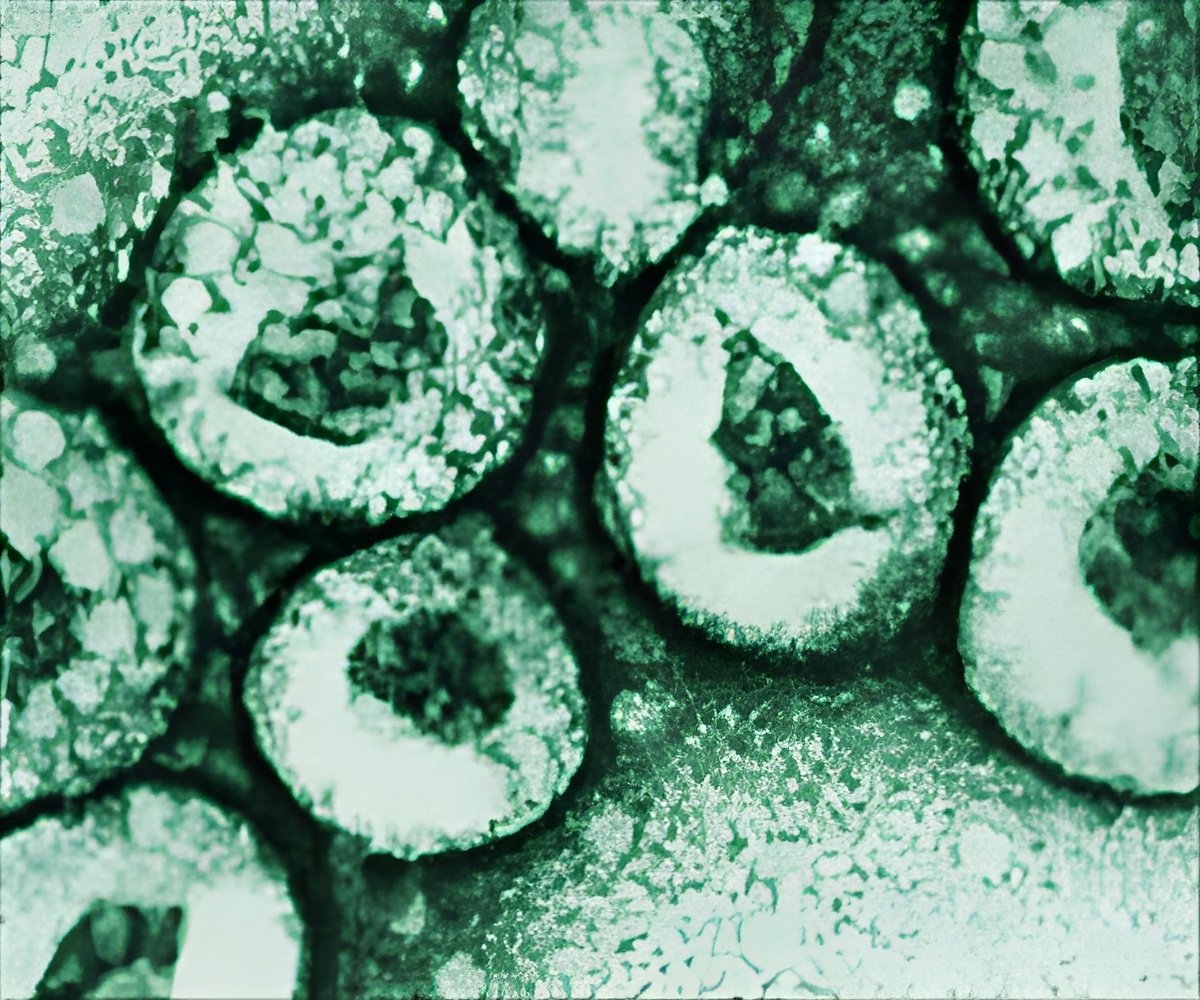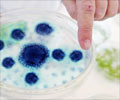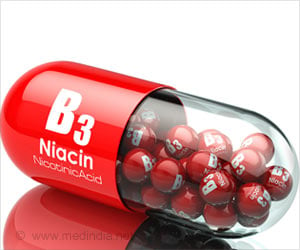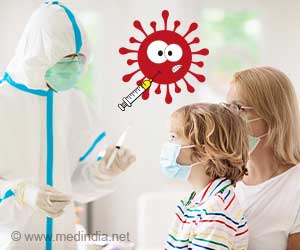WHAT:Clinicians treating people suffering from Middle East respiratory syndrome (MERS) currently have no drugs specifically targeted to the MERS coronavirus (MERS-CoV).

From the group of 290 compounds, the scientists identified 27 that, in test tube experiments, showed activity against both MERS-CoV and the related SARS coronavirus. These included compounds that inhibited the viruses' ability to enter and infect cells. The active compounds belong to 13 different classes of pharmaceuticals, including drugs normally used to treat cancer and psychiatric conditions, and provide leads for continued study in animals and potentially for study in people. The research team is now studying the effects of some of the identified compounds in mice experimentally infected with MERS-CoV.
"Given development times and manufacturing requirements for new products, repurposing of existing drugs is likely the only solution for outbreaks due to emerging viruses," the investigators noted in the paper now online in the journal Antimicrobial Agents and Chemotherapy. The research was a collaboration between investigators at the National Institute of Allergy and Infectious Diseases (NIAID), a part of the National Institutes of Health, and Matthew B. Frieman, Ph.D., of the University of Maryland School of Medicine in Baltimore.
Source-Eurekalert
 MEDINDIA
MEDINDIA




 Email
Email







